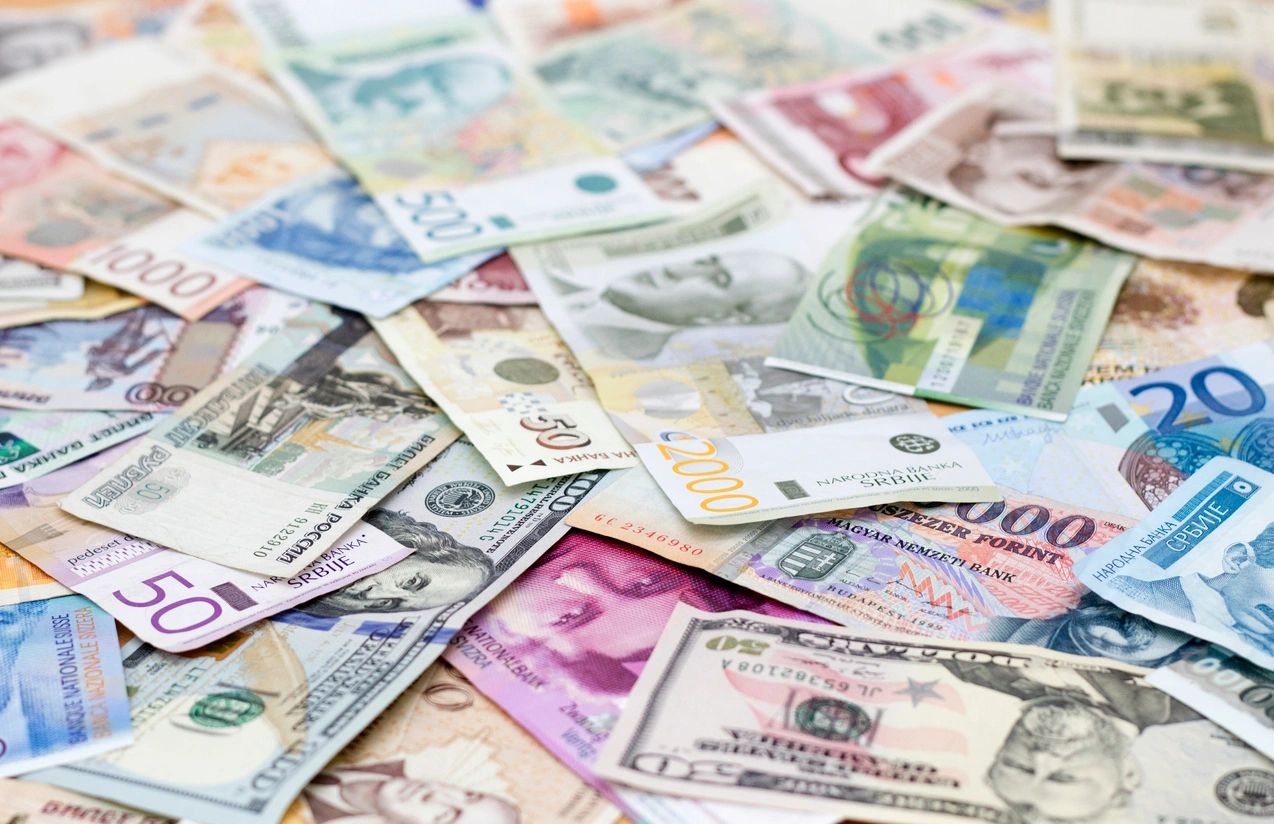Professor Frank Gunter launches a new white paper on de dollarisation of Iraqi economy.

‘Two Cheers for Iraq: The Dinar – Dollar Exchange Rate Challenges’
Professor Frank Gunter publishes a new paper commissioned as part of a series by IBBC’s advisory council on the challenges of de-dollarisation for Iraq. The Advisory Council members and IBBC members have actively contributed to the paper in the past 4 months. It will be presented online on the 18th June in a webinar and in person at the Spring Conference on 2nd July. The Arabic translation will be published soon.
Register to join the webinar here.
Professor Gunter provides an analysis of the drivers of impact on the dinar exchange rate and examines how best to deal with the parallel market of dinars to dollars. He outlines the practical policy initiatives that should reduce the gap between the official and parallel exchange rates in the medium-term. In particular he lauds the Government of Iraq on its commitment to tackle corruption and to modernise the banking system in one fell swoop but warns of the pressure on the dinar exchange rate as budgets are overstretched and the new banking recipients (state banks) receive the liquidity to enable the economy to perform.
He writes ‘All three of these forces – the anti-corruption effort, the banking liberalization, and the lavish 2023-2025 budget – will create challenges for the management of the dinar exchange rate. One could argue that over the last two decades the Government of Iraq (GoI) had little control over its exchange rate; that exchange rate policy was determined by other sectors of the political economy in Iraq. But even if this is true, the level of the exchange rate and changes in that level are believed by many Iraqis and foreigners as providing valuable insight into the quality of economic management in Iraq. This importance is exemplified by the current efforts to de-dollarize the Iraqi economy while there is excess demand for dollars. This excess demand is shown by a parallel exchange rate of roughly 1500 dinars per dollar compared to the official exchange rate of 1310 dinars per dollar.
An important cause of this exchange rate gap is that the GoI, with the strong encouragement of the U.S. Federal Reserve, is attempting to reduce the use of the U.S. dollar in both Iraq’s internal economy and its external transactions. Since 2003, the U.S. dollar has facilitated economic growth in Iraq by providing a widely accepted medium of exchange for purchases as well as a reliable store of value for savings. In the long run, whether de-dollarization will have a significant adverse impact on the Iraq economy will depend on how rapidly the GoI can increase both the efficiency of alternative mediums of exchange and the perceived security of alternative stores of value.’
The report in English is available here to download.
The report in Arabic is available here to download.
Previous advisory papers include: ‘Iraq 2020: Country at the Crossroads’, ‘Corruption Worse Than ISIS: Causes and Cures Cures for Iraqi Corruption’, ‘Seaports and Airports of Iraq: Rules Versus Infrastructure’ and ‘Privatization of State-Owned Enterprises’.